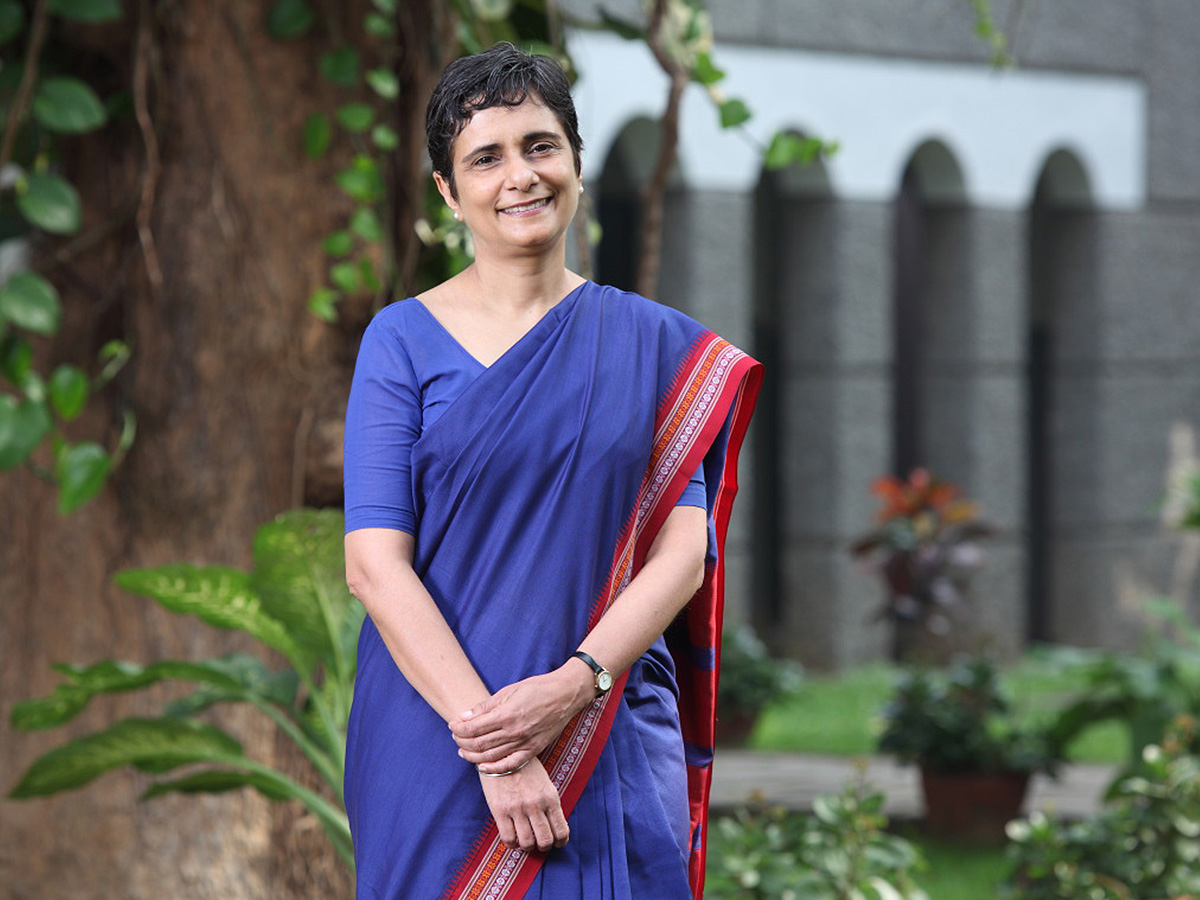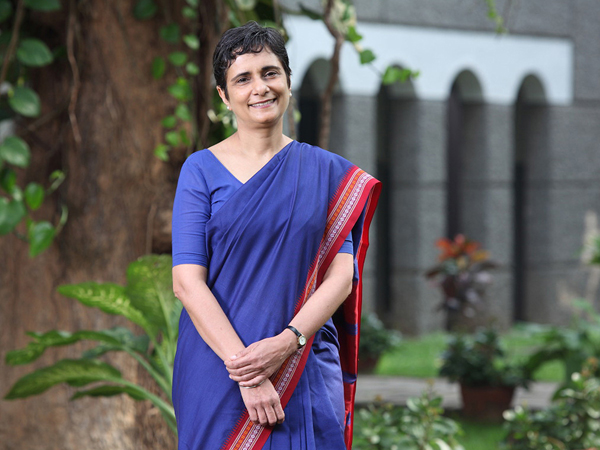The Infosys Prize in life sciences is being awarded to Prof. Gagandeep Kang for her pioneering contributions to understanding the natural history of rotavirus and other infectious diseases that are important both globally and in India. Her findings have enormous implications for vaccines and other public health measures to thwart these infections.
Infographic:
The Fight Against the Rotavirus
Scope and Impact of Work
Prof. Kang has made pivotal contributions to understanding the natural history of rotavirus infections as well as other enteric infections which are important causes of mortality and morbidity in India. Her work, often published in high-profile medical journals, has shown that natural immunity to rotavirus infections is much lower in the Indian population than in other populations. These findings lead directly to an understanding of why the rotavirus vaccine is not as efficacious in India as in other populations globally with similar socioeconomic demographics.
Rotavirus is a leading cause of childhood morbidity and mortality, with India being one of the hardest hit countries. Thus it is critically important to understand its immunopathogenesis and vaccine effectiveness. Not only have Prof. Kang’s groundbreaking studies done so, but her findings also have broad implications for other enteric viruses such as polio virus.
In collaboration with colleagues at CMC, Vellore, Kang has shown that the recipient may mount weaker enteric immunity to polio virus as well, providing an explanation for why Indians require more vaccinations with the oral polio vaccine for effective immunity. These findings raise the question of why both natural and vaccine-induced immunity to enteric viruses are weaker in India. Kang and her collaborators are approaching this question taking comprehensive approaches - clinical, epidemiological and basic science - that exploit wide-ranging sophisticated tools.
Finally, Prof. Kang has worked to understand the natural history and the modes of transmission of other enteric infections including bacterial and parasitic ones. In these areas also, her work has yielded insights that not only inform fundamental immunopathogenesis but often point to immediate and simple public health measures to prevent the spread of these diseases.
In addition to her basic research, Prof. Kang has extended her work to important practical areas. She has established a clinical laboratory for rotavirus vaccine evaluation that has provided critical reagents and training to rotavirus vaccine manufacturers not only in India but also in China and Brazil. She has been part of a collaborative network that developed an indigenous rotavirus vaccine for India starting with an Indian rotavirus isolate.
Bio
Prof. Gagandeep Kang is a physician scientist who for many years was a Professor of Microbiology and Head of the Division of Gastrointestinal Sciences and the Wellcome Trust Research Laboratory at the Christian Medical College (CMC), Vellore. She obtained her M.B.B.S., M.D., and Ph.D. degrees in 1986, 1991 and 1997, respectively, all from the Christian Medical College.
Prof. Kang’s groundbreaking work has been recognized with numerous awards and honors. These include Woman Bioscientist of the Year from the Government of India (2006); election to Fellowship of the American Academy of Microbiology (2010), the Indian Academy of Sciences (2011), National Academy of Sciences (2013), the Faculty of Public Health in the UK (2015), and the Indian National Science Academy (2016).
She has played a pioneering role in the biomedical sciences through serving on numerous national and international editorial boards, research grant review boards, and scientific advisory committees. Recently Prof. Kang was appointed Executive Director of the Translational Health Service and Technology Institute (THSTI), an autonomous institute of the Department of Biotechnology, Government of India.
Timeline
Jury Citation
Prof. Gagandeep Kang is a tremendously successful medical researcher whose work has provided insights into basic infectious disease pathogenesis as well as immediate action-items to reduce disease burden and transmission. She has focused her efforts on serious childhood enteric infections of India and in so doing has identified ways to improve immunity and prevent disease transmission in the Indian context.
Yet her discoveries equally contribute to exciting new areas such as how the variation of the human micro biome in different parts of the world might impact natural and vaccine-induced immunity. Her work spans the diverse disciplines of epidemiology, microbiology and human immunology to truly bridge the gap between clinical medicine and basic science.
Translational work of this nature is extremely difficult and Prof. Kang’s ability to excel in it has been recognized both nationally and internationally. The most recent reflection of her leadership in translational medicine is her appointment as the Executive Director of the Translational Health, Science and Technology Institute in Delhi.
"Prof. Kang’s tremendous achievements in translational and clinical science reflect her scientific breadth and depth, her willingness to tackle hard problems pertaining to human health in India, her ability to forge national and international collaborations to take critically-needed comprehensive approaches, and her inspiring leadership and mentorship. We are thrilled to recognize Prof. Kang for her cutting-edge and highly impactful translational research in biomedicine."




